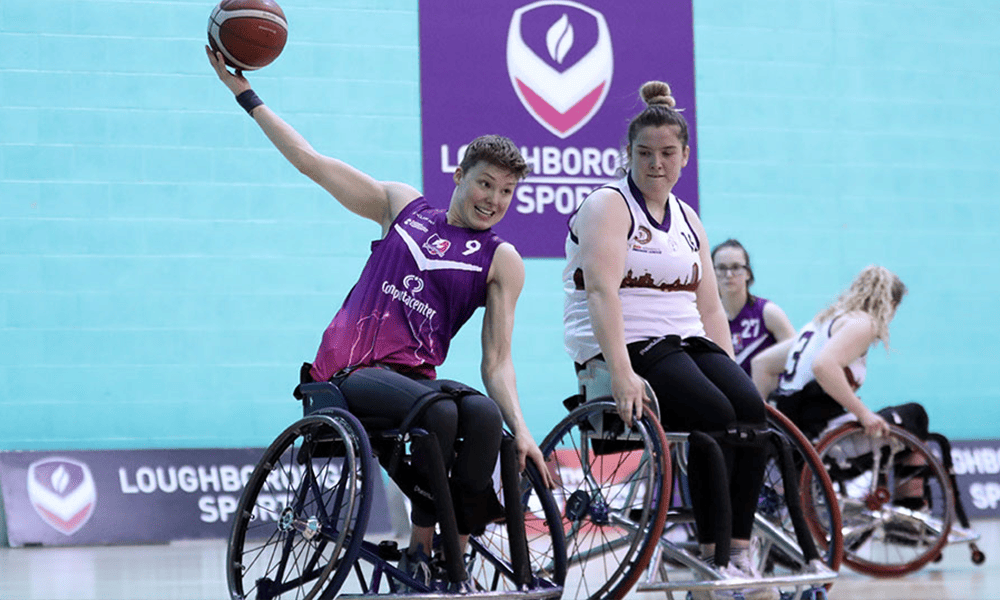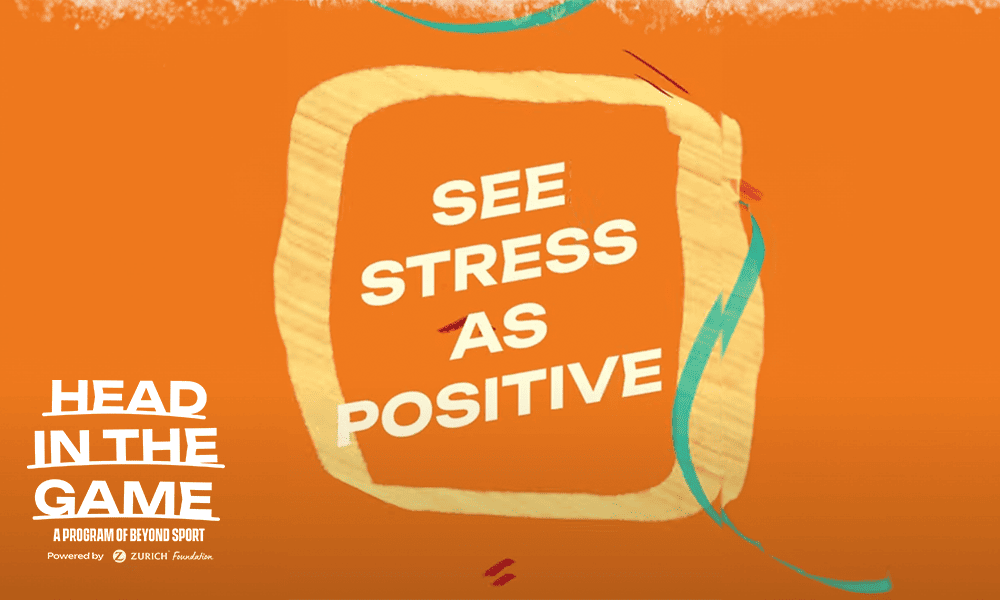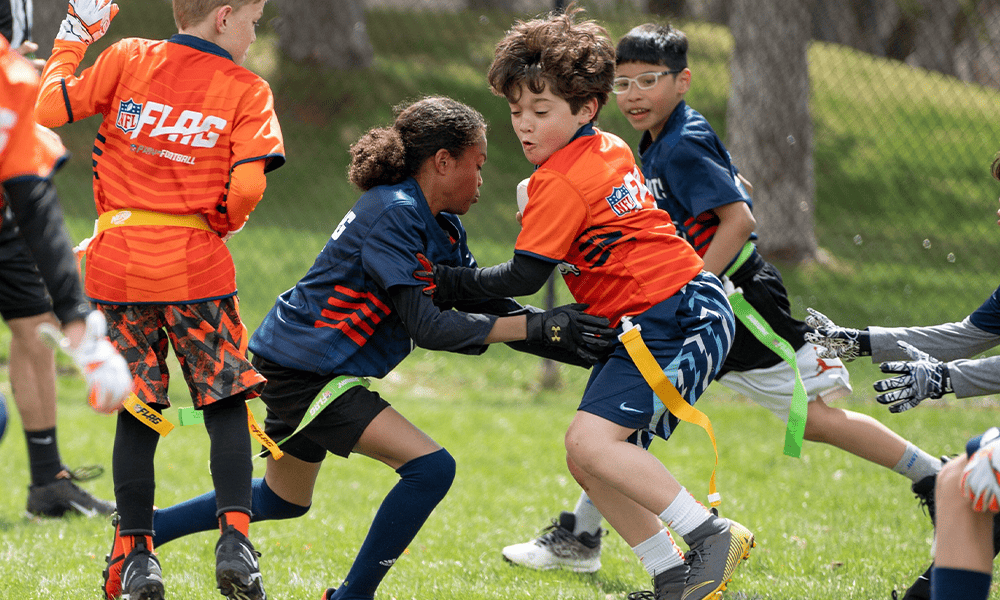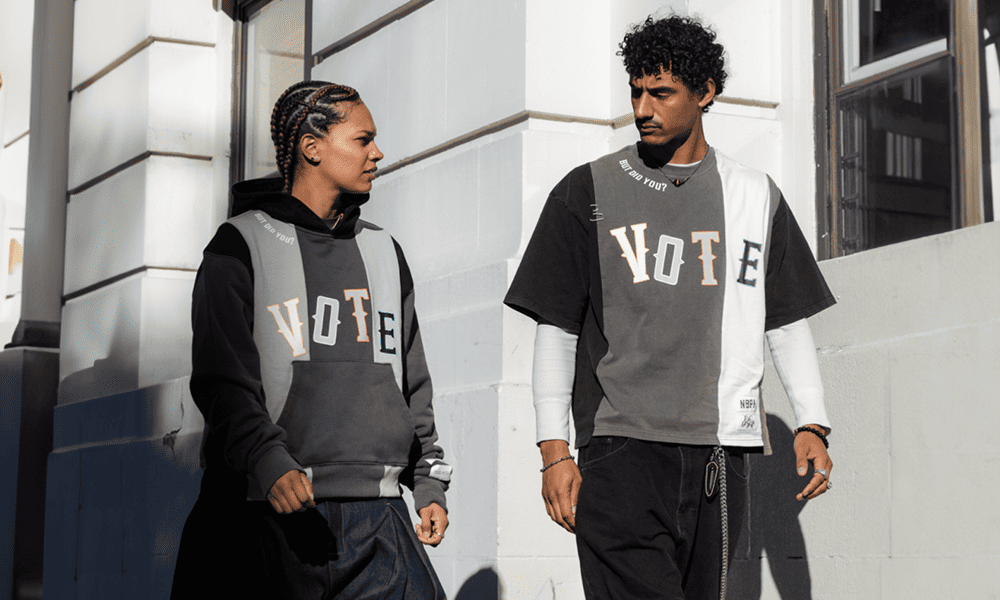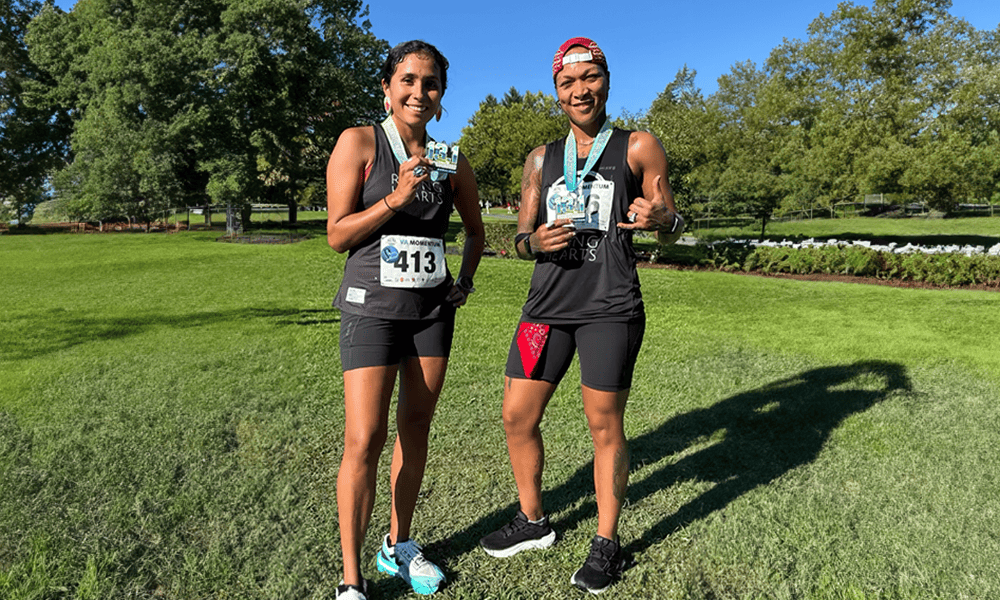June 16, 2023
The FIFA Women’s World Cup (FIFAWWC) Australia and New Zealand 2023 is introducing new sustainability and inclusivity measures to improve the benchmark for major sporting events held in Australia, Aotearoa New Zealand and Asia-Pacific. Kicking off in just over a month, the tournament is achieving its environmental goals and recently announced its green-building certified stadiums – a first for FIFA women’s tournaments.
FIFAWWC intends to be a catalyst for change and leave a lasting legacy across four focus areas: accessibility, environment, human rights and safeguarding. The stadia green certification is just one of the many ‘fresh’ initiatives implemented.
“We are well aware that we are one of the first of many international events locally, and we really want to make sure that what we do is improving, advancing and planting seeds of ideas and actions,” said Dr. Sheila Nguyen, the tournament’s Head of Sustainability for Australia & Aotearoa New Zealand.
All ten stadiums across the two nations have achieved green certification, which will help ensure operational sustainability such as reducing energy and water use, recycling and more. Additionally, the stadiums’ have also received sustainability training from FIFA to ensure that the knowledge expands to grassroots football communities.
Other sustainability measures focus on emissions and materials. An effort will be taken to maximize landfill diversion and minimize contamination at stadiums and has committed to the UNFCCC Sports for Climate Action Framework, which intends to reduce emissions by 50% by 2030 and be net zero by 2040.

“This is a huge leap forward which will have an incredible and long-lasting domino effect for the runway of major sport events ahead,” said Nguyen. “Working in sustainability can often be patchwork, but our sustainability team sought ways to move from addressing symptoms to systems issues, and the green building infrastructure project was a significant way to uplift and upgrade the infrastructure landscape to be one that prioritizes sustainable performance.”
Accessibility will be another area where fans may notice a high level of focus. There is a strong consideration of stadium accessibility for disabled persons and persons with limited mobility, including accessible services such as audio descriptive commentary for partially sighted and blind supporters which will be available at selected matches.
Rounding out the target areas will be a focus on ensuring human rights and inclusion. A critical part of this is the engagement and inclusion of the region’s First Nations and Māori people in the event preparation and operation. To drive this effort, an all-women First Nations and Māori cultural panel has been established to advise and support engagement and respect for culturally and linguistically diverse communities.
On the sidelines, FIFA is working to eliminate discrimination and promote welcoming inclusivity among fans and the general public. For FIFAWWC, new measures have been included in the governing body’s human rights program to celebrate indigenous communities and generate learnings that can be passed on to future World Cups.
Opening with a match between New Zealand and Norway, the FIFA Women’s World Cup runs from July 20 through August 20.
Source: FIFA
